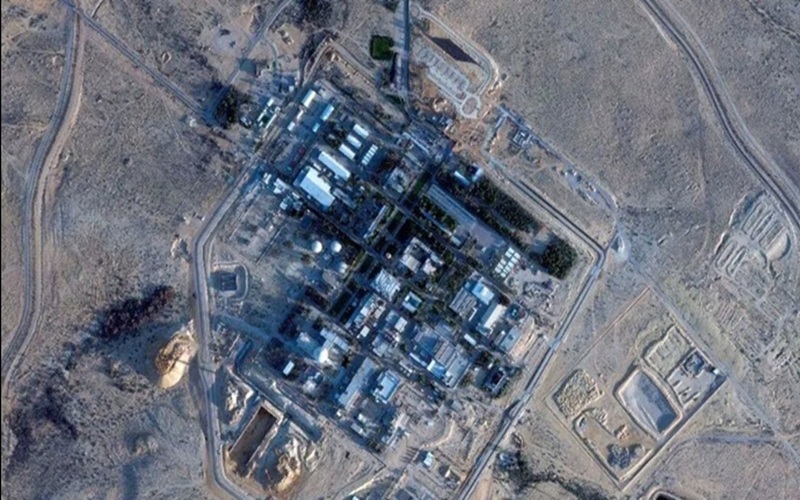Diplomatic maneuvering intensifies as Iran faces potential UN sanctions and reassesses its reliance on Moscow
July 21, 2025 – Amid growing international pressure and internal political threats, the Iranian regime is preparing to resume negotiations over its controversial nuclear program with the so-called E3—France, Germany, and the United Kingdom—while simultaneously deepening nuclear-related discussions with Russia. These developments underscore Tehran’s efforts to stall punitive actions while navigating shifting geopolitical loyalties in the aftermath of its recent war with Israel.
Tehran and E3 to Resume Nuclear Dialogue
The IRGC-affiliated Tasnim News Agency confirmed that Iranian and E3 diplomats have agreed “in principle” to hold nuclear talks in the coming week, though the time and location remain undecided. Talks are expected to take place at the deputy foreign minister level. The initiative follows warnings from the E3 that unless Tehran delivers “concrete results” by the end of August, they will trigger the JCPOA’s “snapback” mechanism—reimposing UN Security Council sanctions that were lifted under the 2015 deal.
A German diplomatic source also confirmed to Agence France-Presse that the E3 is coordinating with Tehran to schedule the talks. The urgency is clear: to complete the process before the snapback provision expires in October 2025, the E3 must act no later than September 3.
Meanwhile, Iranian officials are already threatening retaliation. A member of Iran’s National Security and Foreign Policy Committee vowed on July 20 that any move by the E3 to reimpose sanctions would be met with “severe countermeasures,” signaling the regime’s intent to escalate rather than de-escalate.
Larijani in Moscow: A Quiet Plea for Russian Backing
While preparing for talks with Europe, Iran is also looking eastward. On July 20, senior regime adviser and former parliament speaker Ali Larijani met with Russian President Vladimir Putin in Moscow. Although Iranian media offered no details, the Kremlin stated the discussion centered on the Middle East crisis and Iran’s nuclear ambitions.
Larijani’s visit comes amid strained ties between Tehran and Moscow. Iran has reportedly grown disillusioned with the limits of Russian support during its recent conflict with Israel. Despite this, Tehran appears reluctant to sever ties completely. On July 15, Iranian outlets acknowledged the need to “rethink parts of the relationship” with Moscow while continuing cooperation in “sensitive military and strategic areas.”
Reports suggest Russia has positioned itself as a mediator between Iran and the United States, encouraging Iran to halt domestic uranium enrichment in return for guaranteed access to 3.67% enriched uranium for civilian use. This mirrors a similar deal from 2015, when Russia took 11,000 kilograms of enriched uranium from Iran in exchange for natural uranium.
A Regime Under Pressure—And Cornered
With the Pezeshkian administration overseeing a record number of executions at home and facing growing unrest following the war with Israel, the regime is seeking diplomatic lifelines to avoid renewed global isolation. However, its strategy appears fractured: threatening Europe while courting Moscow, expressing dissatisfaction with allies while depending on their goodwill.
The nuclear talks—if they happen—are less a sign of moderation and more an attempt by Tehran to buy time. As the October expiration date of the JCPOA snapback mechanism nears, the clock is ticking. For a regime increasingly reliant on repression and brinkmanship, diplomacy has become less about resolution and more about survival.
